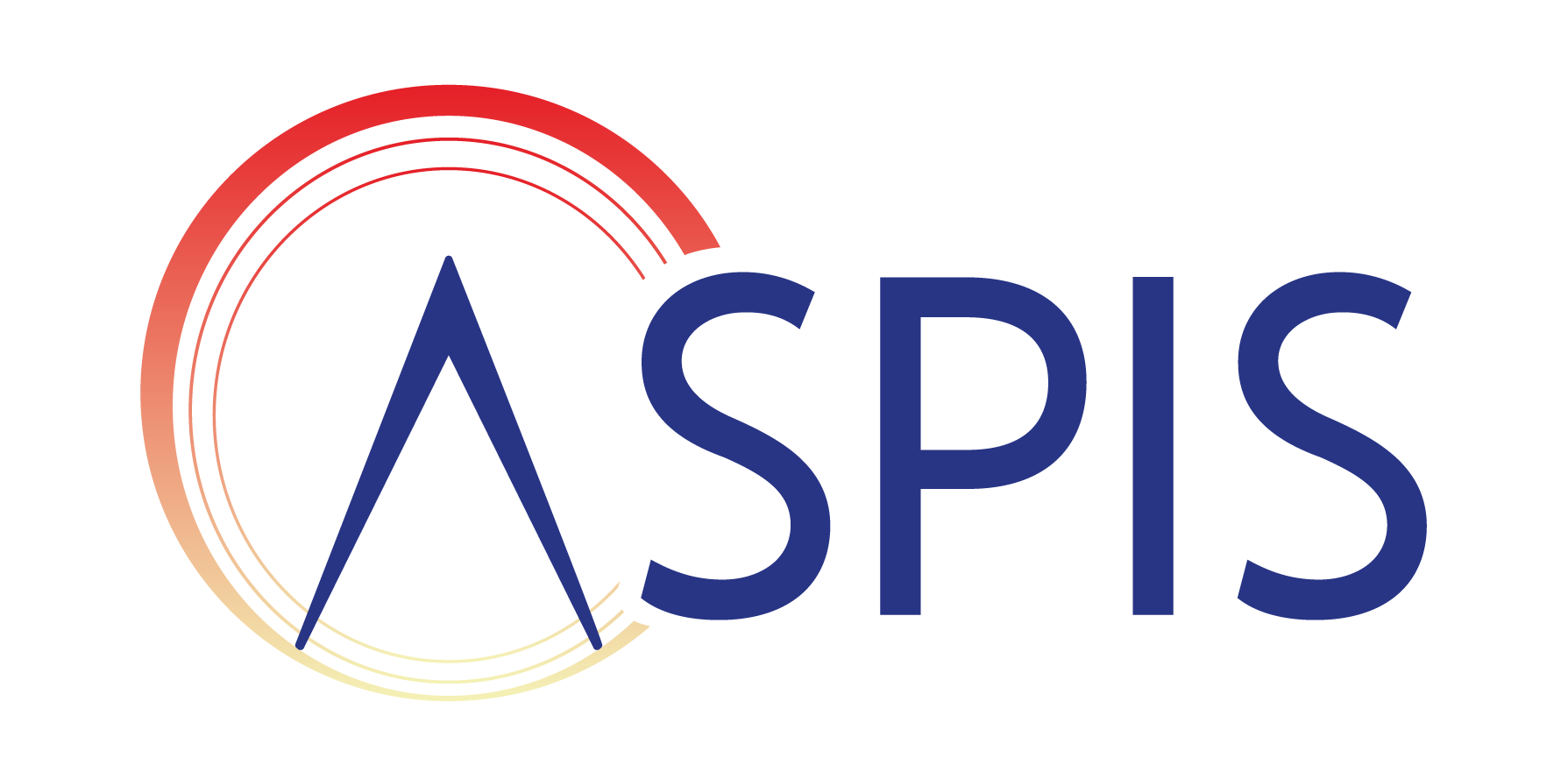Precisiontox joined ONTOX and Risk-Hunt3R in a joint statement to support the Motion for resolution of the MEPs for a for a EU Action plan to accelerate the transition towards non-animal testing: Declaration of support to the European Parliament Motion for Resolution on An Action Plan to facilitate the transition to innovation without the use of animals in research, regulatory testing and education
Since the beginning of 2021, the EU is investing 60 M€ over the next 5 years in three international projects (PrecisionTox, ONTOX & RISK-HUNT3R) entirely dedicated to advance regulatory toxicology without the use of animal testing, a budget of the H2020 Program that has more than doubled since the last funding period.
The European Commission announced a zero-pollution ambition in the Green Deal. The Chemical Strategy for Sustainability is one of the first steps to deliver “a toxic-free environment” and is expected to result in significant revisions of the EU legislative framework, such as the Cosmetics Regulation and the REACH Regulation.
Alternatives to animal testing, also known as New Approach Methods (NAMs), promise to fill the knowledge gap that challenges risk assessors and regulators while addressing the growing number of chemicals whose toxicity is still unknown with faster, more reliable and ethical solutions.
The EFSA Director declared in April 2021 that “[our] ambition is that by 2027, the large majority of EFSA’s request for additional data will be based on alternative methodologies [to animal models]”.
Our three consortia led respectively by the University of Birmingham (PrecisionTox), the Vrije Universiteit Brussels (ONTOX) and the Leiden University (RISK-HUNT3R) have joined forces in the ASPIS cluster which gathers 70 scientific organisations towards the replacement of animal testing. We strongly believe that, with the right support and incentives, concrete steps and achievable timeline, this statement can be proven right.
The Motion for Resolution of the European Parliament is timely to accelerate this transition and meet EU ambition to lead on the next generation for risk assessment in Europe and worldwide. As coordinators, we welcome and support any efforts from the EU in that direction which will translate into regulatory and industrial practices that will better protect human health and the ecosystems, by enabling us to identify, classify and ultimately remove hazardous substances from the environment.
On behalf of the ASPIS cluster:
For PrecisionTox, Prof. John Colbourne (University of Birmingham) Grant agreement ID: 965406
For ONTOX, Prof. Mathieu Vinken (Vrije Universiteit Brussels) Grant agreement ID: 963845
For RISK-HUNT3R, Prof. Bob Van de Water (Leiden University) Grant agreement ID: 964537

